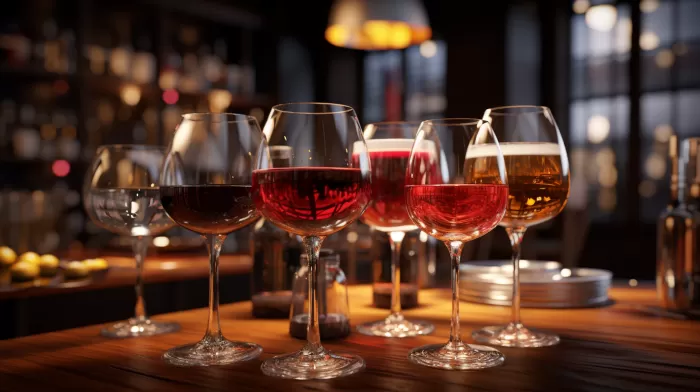It’s common knowledge that drinking too much alcohol can lead to several serious health problems, but how does it affect your prostate?
Alcohol, Prostate Cancer, and PSA
A recent study, published in the International Journal of Cancer, explored the effects of alcohol consumption on prostate-specific antigen (PSA) levels and the risk of prostate cancer. Elevated PSA levels can be an indicator of prostate cancer, but there are other reasons for the levels to be abnormally high, including prostatitis and an enlarged prostate.
The study analyzed 2,400 men who had PSA-detected prostate cancer and 12,700 control participants. Although a slightly higher risk of high-grade prostate cancer was found among heavy drinkers, the researchers also observed lower PSA levels associated with increasing alcohol consumption. This means that detecting prostate cancer using PSA levels may be more challenging among heavy drinkers, so physicians should inquire about their patients’ alcohol intake.
Wine and Your Prostate
Red wine is often touted for its heart-healthy benefits and potential cancer-prevention properties, thanks to a phytonutrient called resveratrol. But how do red wine and resveratrol specifically affect the prostate?
Harvard Men’s Health Watch reported that men consuming an average of no more than four to seven glasses of red wine per week were 52% less likely to receive a prostate cancer diagnosis than those who didn’t drink red wine. Red wine appeared to be more beneficial than white wine.
Another study involving more than 84,000 participants found that neither red wine nor total alcohol consumption increased the risk of prostate cancer in moderate drinkers (consuming no more than two drinks per day).
Prostate Health and Hard Liquor
For hard liquor enthusiasts, a study involving over 7,600 men discovered that beer and wine consumption was not linked to an increased risk of prostate cancer, but moderate liquor consumption was associated with a 61% to 67% increased risk. However, this finding contradicts a later study, the California Men’s Health Study, which found that moderate intake of beer, white wine, liquor, or mixed alcoholic beverages did not result in an increased risk of prostate cancer.
The key takeaway from these studies is moderation. When consuming alcohol socially or at home, aim to limit yourself to two drinks per day. Drinking sparkling water with cranberry or orange juice in between alcoholic beverages can help. While red wine may be the better choice thanks to resveratrol, more research is needed to confirm this.



